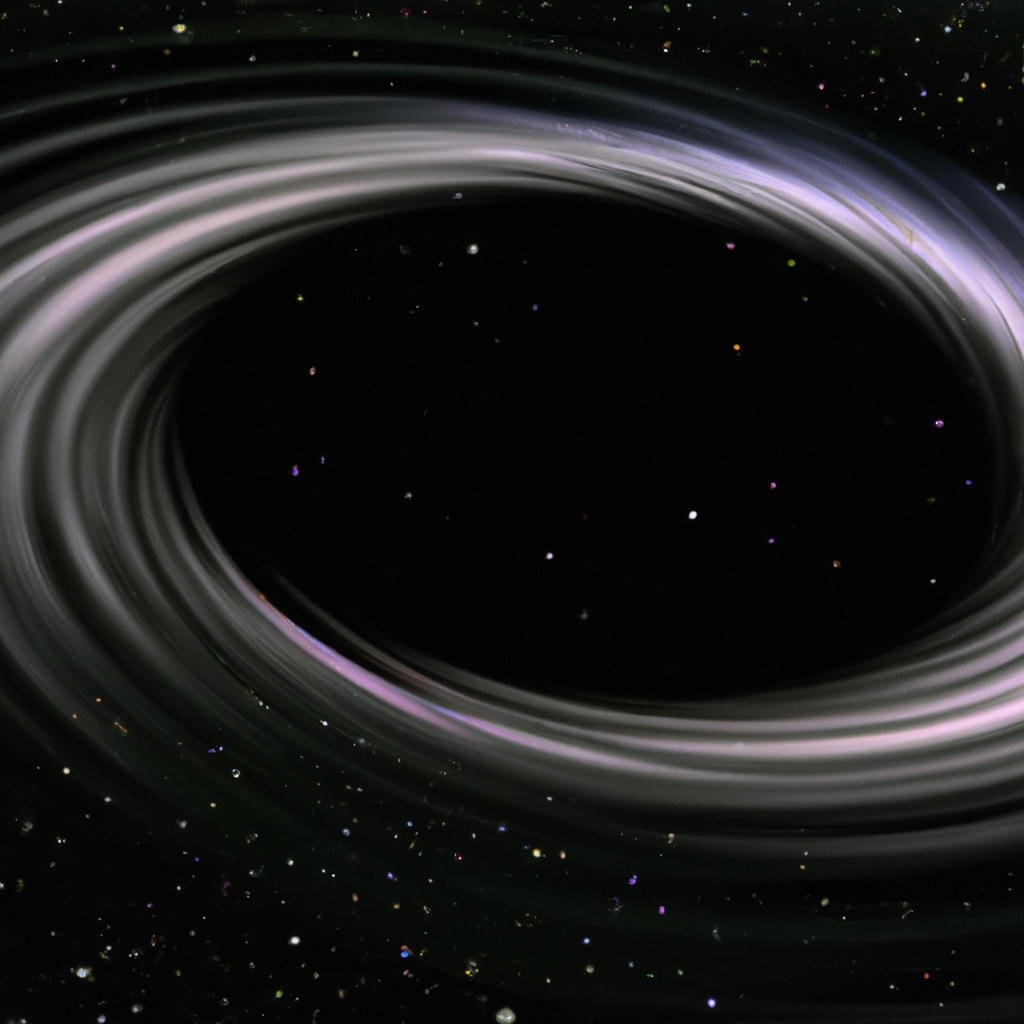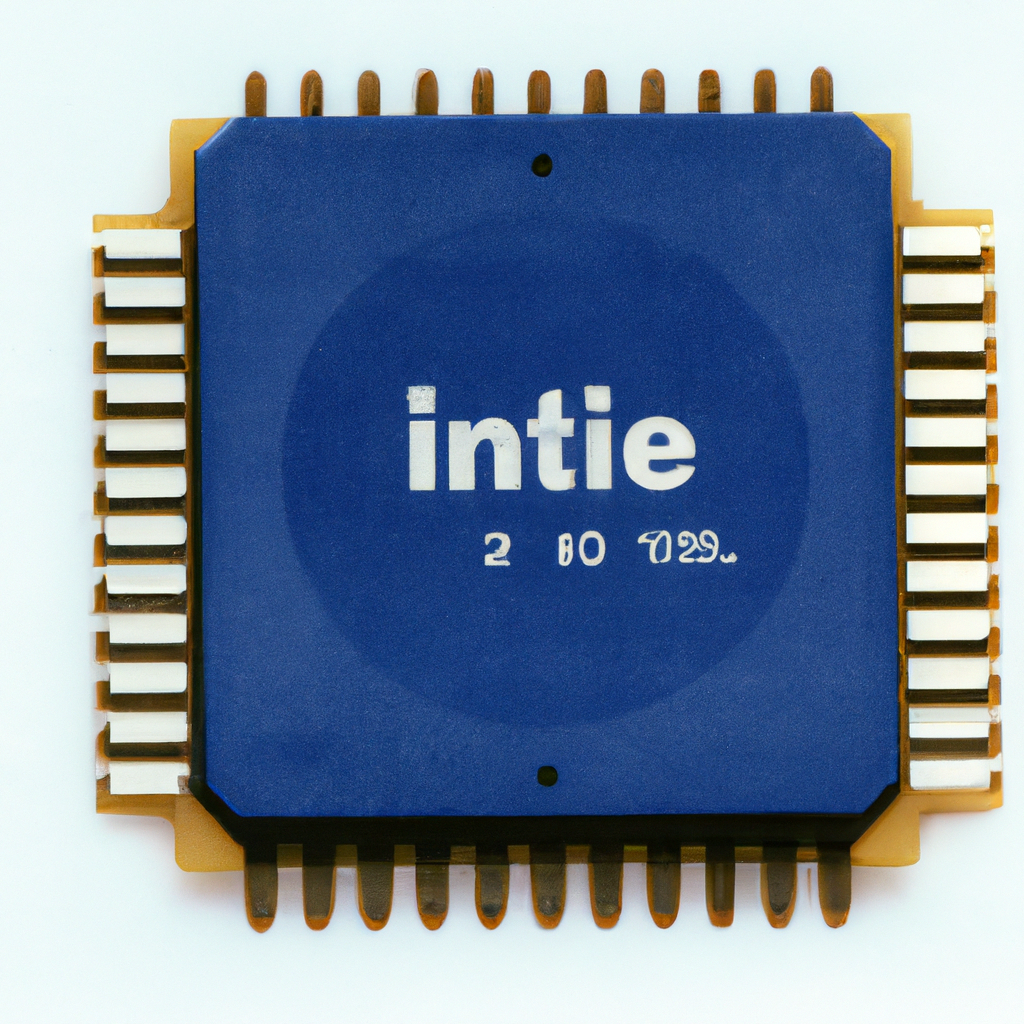

The term "silicon valley" was coined in 1971 by journalist Don C. Hoefler. The silicon transistor was invented in 1954, the microprocessor in 1971, and the personal computer in 1975. The first Apple computer was created in 1976 and the first IBM PC in 1981.

The article discusses six interesting facts about early digital technology, including the invention of the digital camera, the mobile phone, the personal computer, email, and the website.

Applications of artificial intelligence are growing increasingly commonplace across a range of industries. New applications and capabilities are being developed all the time as the technology continues to evolve. AI systems are able to learn and recognize patterns, which can be used for tasks such as decision making, process optimization, and automation. Additionally, AI technology can be used to generate realistic images and simulations. Some experts believe that AI systems will eventually surpass human intelligence.

Black holes are some of the most fascinating objects in the universe. They are believed to be the most powerful forces in the universe, capable of swallowing anything that comes too close, even light. They are so dense that their gravitational pull can deform space and time. Some black holes spin so fast that they can fling objects out of our universe. They are thought to be the remains of exploded stars. There may be billions of black holes in our universe.

The first quantum computer was built in the early 1980s by physicist Paul Benioff. It consisted of just a few quantum bits, or qubits. Quantum computers can perform certain calculations much faster than classical computers. They are used for tasks such as cryptography and simulating quantum systems. Quantum computers are still in their infancy, and there are many challenges to building a large-scale quantum computer . There is much excitement about the potential of quantum computers, and research is ongoing to develop larger and more powerful quantum computers.

1. Artificial intelligence has a long history, dating back centuries. However, its modern incarnation began in the 1950s. 2. Some of the earliest examples of artificial intelligence include the Logic Theorist and Deep Blue. 3. Artificial intelligence is used in a variety of fields, such as speech recognition and autonomous vehicles. 4. There is much debate surrounding artificial intelligence, with some believing it will eventually surpass human intelligence and others believing it will never achieve true human-like intelligence. 5. There are also a number of ethical concerns associated with artificial intelligence , such as the possibility of it being used for military purposes or leading to mass unemployment.

The first microprocessor was the Intel 4004, released in 1971. Led to the development of the personal computer, the microprocessor has had a profound impact on the world, revolutionizing computing and changing the way we live and work.

1. The first computer bug was a moth that got stuck in a relay of the Harvard Mark II computer in 1947. 2. The world's first computer virus was created in 1974 by a student at the University of California, Berkley. 3. The person who coined the term "surfing the internet" was actually a Xerox employee who was trying to explain how one could use the company's new computer network. 4. The @ symbol was first used in commerce in the early 1800s, long before it was used in email addresses. 5. The first website was created in 1991 by a computer scientist at CERN. 6. The most popular search engine in the world, Google, was created by two Stanford students in 1996."